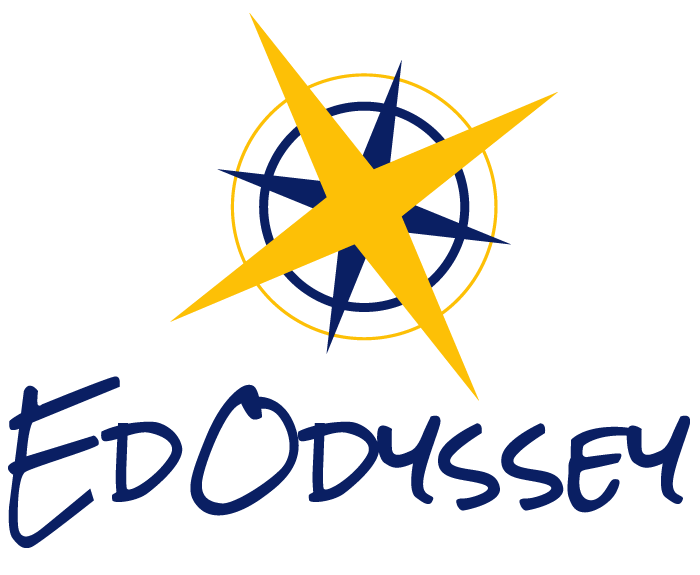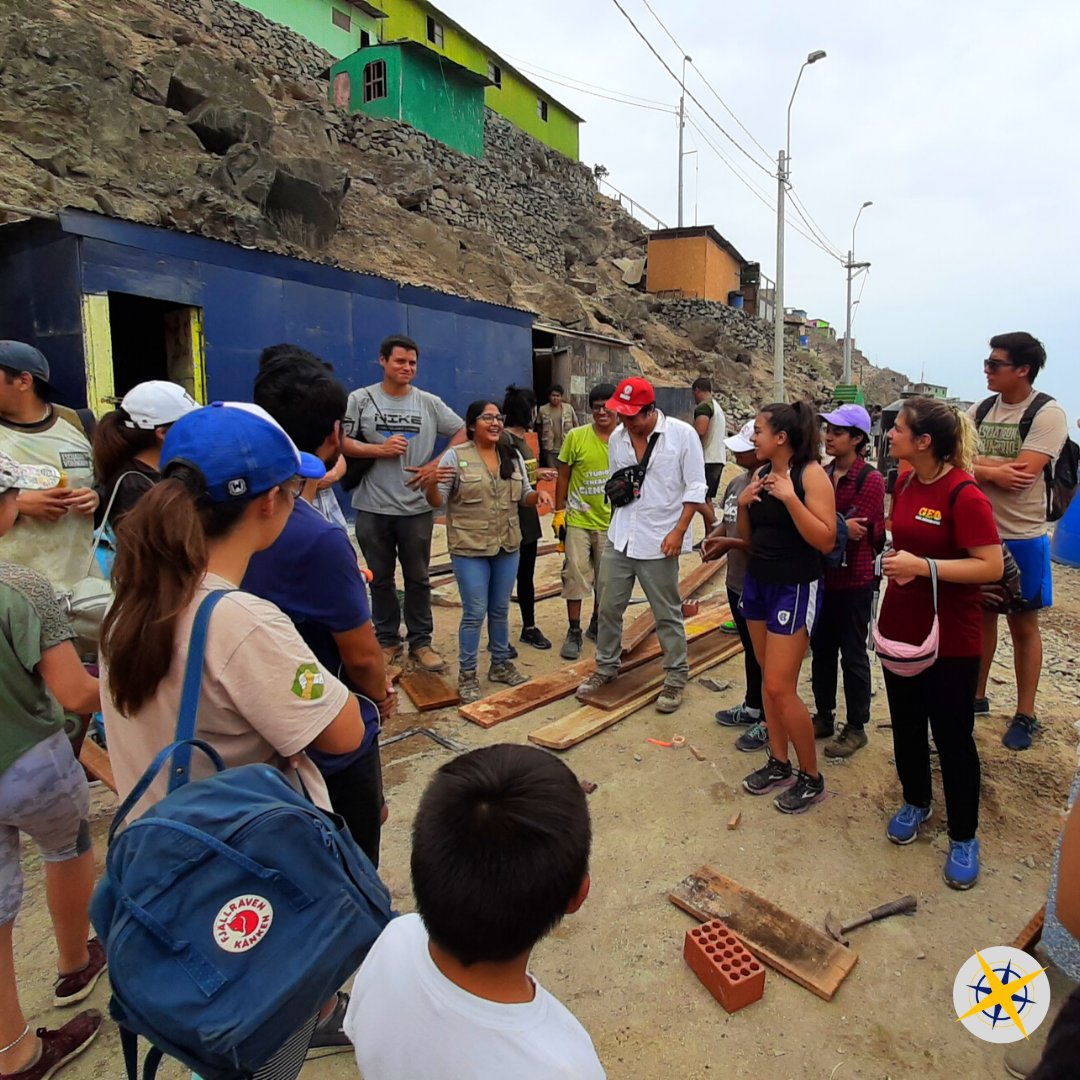Blog
LGBTQ+ Experience in Peru: Johanna's Alum Perspective
Guest Author: Johanna M., one of our alumni from Fall Semester 2018, shares her insights into aspects of her lived experiences in Lima, Peru.
April Feature - Julia P.: How Study Abroad Builds Perspective
In this month’s feature you’ll meet Julia “GG” P., an EdOdyssey alumnae and current senior at the College of the Holy Cross in Worcester, MA. She spoke with us about how travel has changed her, and you’ll see how her past experiences abroad continue to shape her and her future plans.
Developing Your Study Abroad Personal Project: 3 Steps for Student Success
Studying a semester abroad can be one of the most important experiences of your life, and you’ll want to have a piece for your professional portfolio that differentiates you from other study abroad students and young professionals. When you walk away from this experience, you’ll come away with a unique project that showcases your passions and skills.
Blending Academics and Culture: The Uniqueness Behind EdOdyssey's Virtual Study Abroad Program
Expand your academic experience this semester with courses that go beyond traditional online classes. Take part in EdOdyssey’s virtual study abroad program that uniquely combines a cultural learning module with academic course(s) at the top university in Peru.
The Peruvian Divide: Race, Ethnicity, Class & Status
The mission and responsibility of EdOdyssey starts with serving our students and the world through experiential learning. As leaders in international education, our organization feels compelled to raise our voice against racial discrimination and violence and to educate on the differences that exist within societies abroad.
Pandemics: Gain Cultural Competencies, Global Perspective on Peruvian Society With EdOdyssey
Pandemics cause widespread grief and destruction of human life. In addition to COVID-19, various forms of disease and their consequences in health persist in societies around the world and continue to affect large, often particularly vulnerable, populations.
Search previous blogs here.



